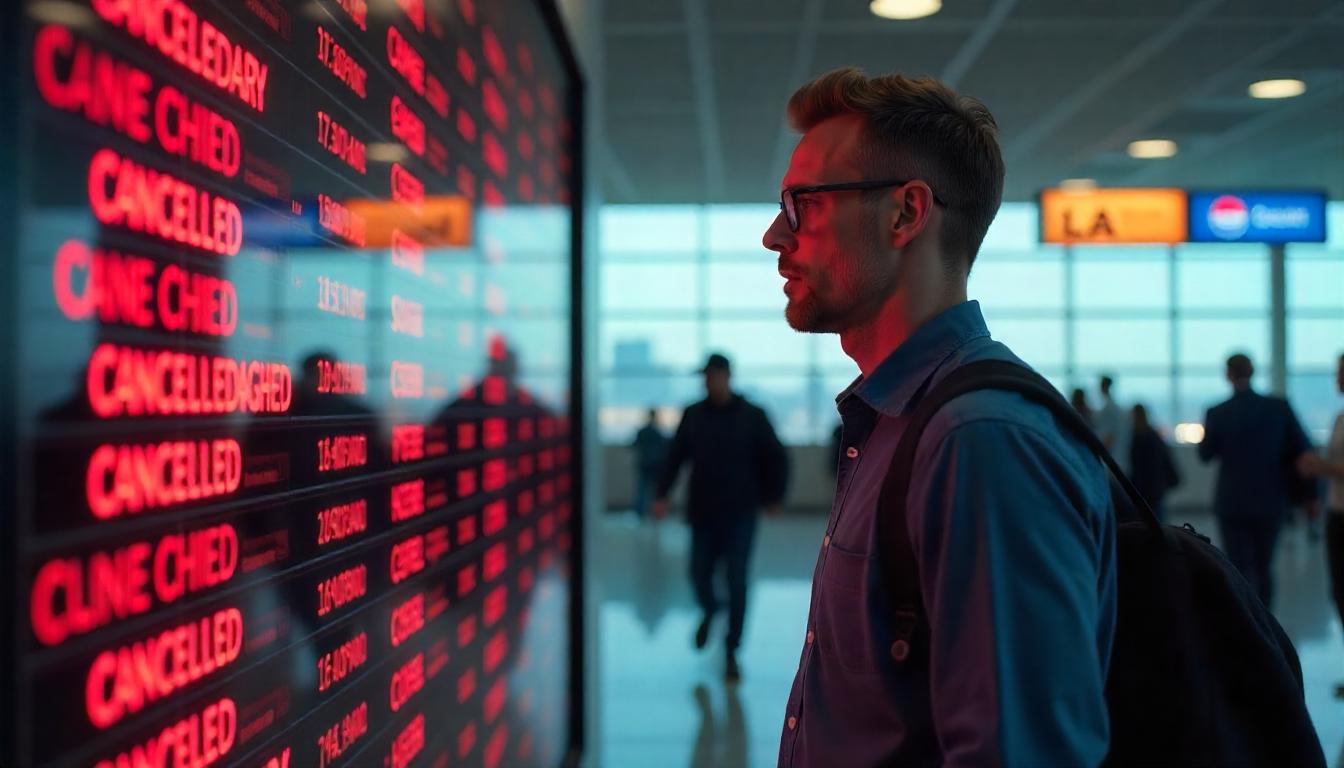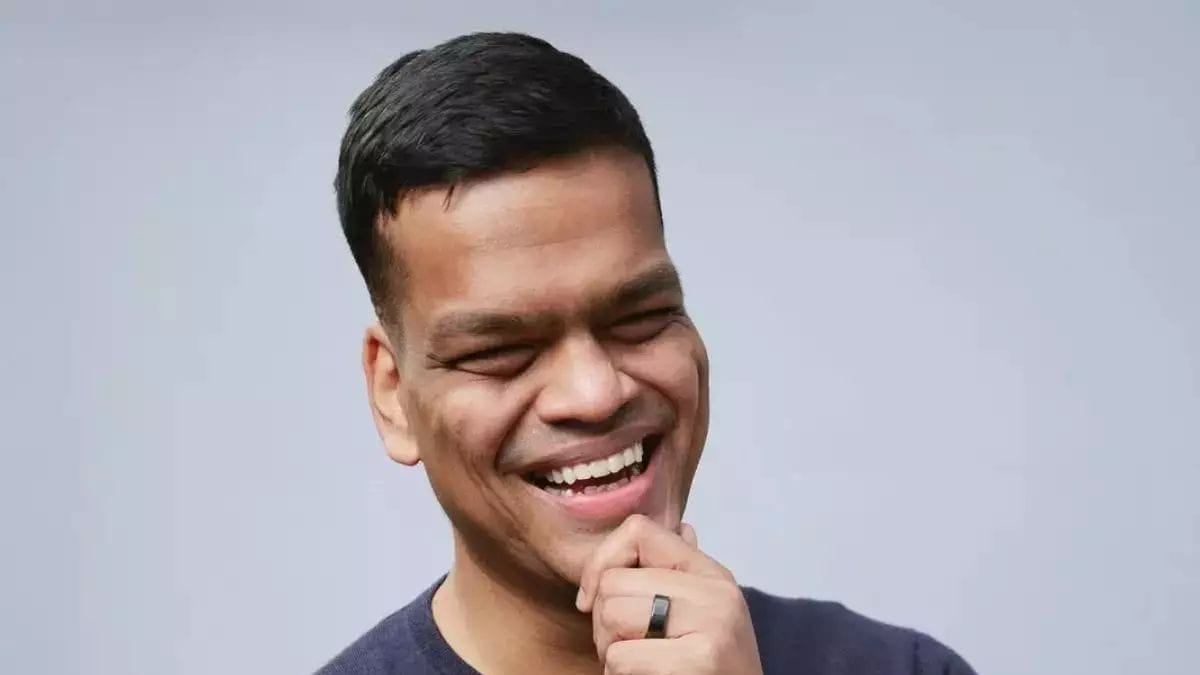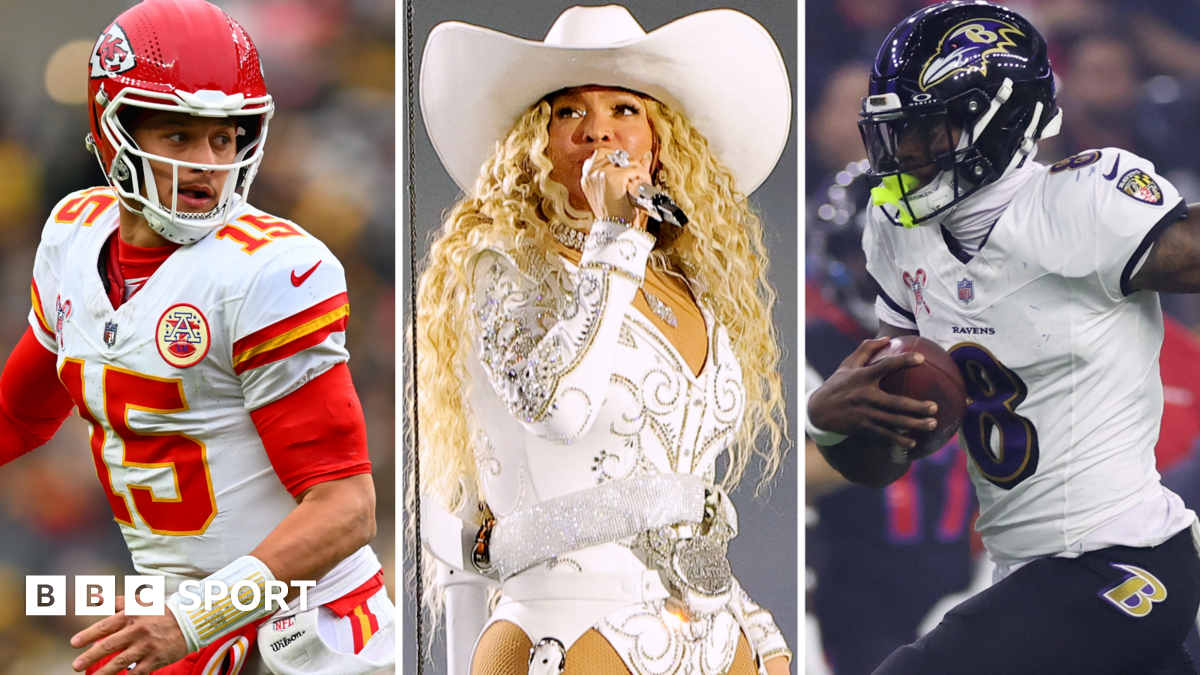I was drafted before Michael Jordan and labeled ‘worst draft pick in history’

The 1984 NBA Draft is widely regarded as the most loaded draft in NBA history.
NBA Hall of Famers Hakeem Olajuwon, Charles Barkley, and John Stockton were all part of the ’84 class which also boasted the basketball GOAT himself, Michael Jordan.
However, Jordan wasn’t the first name read out by then-new NBA Commissioner David Stern.
That distinction went to Olajuwon, a silky yet menacing center who enjoyed a stellar college career before winning two championships and two Finals MVPs with the Houston Rockets.
Remarkably, Jordan wasn’t even the second player selected in the ’84 draft.
That honor fell to Sam Bowie, the injury plagued big man later given the unenviable title of being the ‘worst draft pick in the history of North American professional sports’.
The decision to pick Bowie over six-time NBA champion and six-time Finals MVP Jordan seems like an especially egregious one.
In hindsight, Jordan would be selected over any player in basketball history.
But in 1984, the Portland Trail Blazers didn’t have a crystal ball foretelling the meteoric rise of MJ, and found themselves with more pressing issues in their frontcourt after franchise icon Bill Walton departed in 1979.
In the final year without a proper draft lottery, the Rockets won the coin flip against the Trail Blazers to select first.
That was always going to be used on Olajuwon and few today would question that rationale.
Portland, who had drafted Hall of Fame shooting guard Clyde Drexler the year before, badly needed a center to pair him with.
At that time, the prevailing belief was that NBA championships were won with dominant big men like Bill Russell, Kareem Abdul-Jabbar and Wilt Chamberlain, making centers of paramount importance to teams.
With a budding superstar like Drexler and an All-Star like Jim Paxson already on their squad, the Blazers simply had no need for another guard like Jordan.
With the Rockets-bound Olajuwon out of the picture, they had to turn their attention to another inside presence.
And so, the Trail Blazers made that fateful decision to leave His Airness on the board and instead select the highly-regarded University of Kentucky big man, Bowie.
It made a lot of sense. 7ft 1in Bowie had tremendous success in his senior year, leading his team to the Final Four of the 1984 NCAA Tournament, while Jordan’s Tar Heels were bounced out in the Sweet 16 round.
What the Trail Blazers didn’t factor in was Bowie’s worrying medical history.
After the 1980–1981 season, doctors discovered a stress fracture in Bowie’s left tibia, which caused him to miss the entire 1981–82 season.
It did not heal and he was forced to sit out the entire 1982–83 season as well.
Bowie returned for the 1983–84 season and was seemingly back to full health.
But deep down he knew he wasn’t right, and years later revealed that he hid his health problems from the Blazers before they drafted him in ’84.
“I can still remember them taking a little mallet, and when they would hit me on my left tibia, and ‘I don’t feel anything’ I would tell ’em,” he said in ESPN’s documentary Going Big.
“But deep down inside, it was hurting. If what I did was lying and what I did was wrong, at the end of the day, when you have loved ones that have some needs, I did what any of us would have done.”
Bowie also said he knew that “deep down inside I physically wasn’t what these guys were” while sitting next to Olajuwon, Jordan, and other NBA prospects on draft night.
Bowie’s concerns were merited and he played just four injury-riddled seasons in Portland before being traded to the New Jersey Nets in 1989.
Bowie actually enjoyed some fairly productive years in New Jersey, averaging 12.8 points and 8.2 rebounds per game and never missing more than 20 games in a season.
He spent the final two years of his career with the Los Angeles Lakers before calling time on his playing days after the 1994–95 season.
Over his NBA career, Bowie averaged 10.9 points, 7.5 rebounds and 1.78 blocks per game.
His retirement came after Jordan had already taken over the league and become the face of basketball around the globe.
MJ won his first three-peat with the Chicago Bulls between 1991-1993 before taking a brief hiatus to play Minor League Baseball.
Air Jordan returned in ’95 and rattled off another three-peat between 1996-1998 to cement his status as the greatest of all time.
Bowie, unfortunately, will always be remembered as the man selected ahead of Michael Jordan and arguably the biggest draft bust in NBA history.
Related
Four Tritons make All-American cut
Messenger photo by Britt Kudla: Cyncir Bowers of Iowa Central was recently named an honorable mention NJCAA A
American Consumer Awards (ACA) Unveils “Sports & Leisure” Category Winners…
Image: https://www.globalnewslines.com/uploads/2024/12/0ba3a8caf741946895ea99488d6bd22d.jpgThe results of the 2024 American C
American Consumer Awards (ACA) Unveils “Sports & Leisure” Category Winners…
Image: https://www.globalnewslines.com/uploads/2024/12/0a4861b8810e36dde4807397e8c7fd49.jpgThe results of the 2024 American C
American Consumer Awards (ACA) Unveils “Sports & Leisure” Category Winners…
Image: https://www.globalnewslines.com/uploads/2024/12/1080bbc081f11c6041047d98e5d45f34.jpgThe results of the 2024 American C















